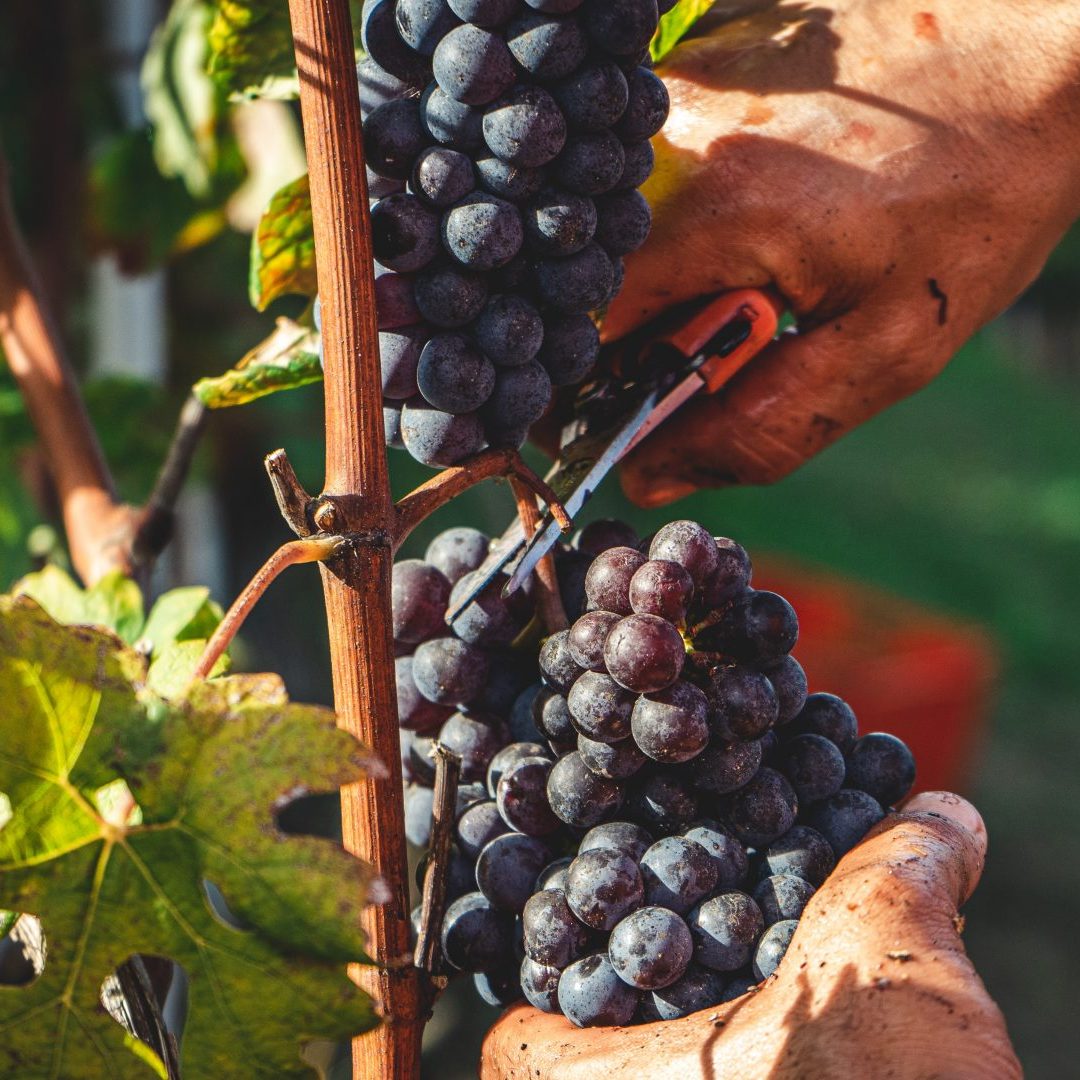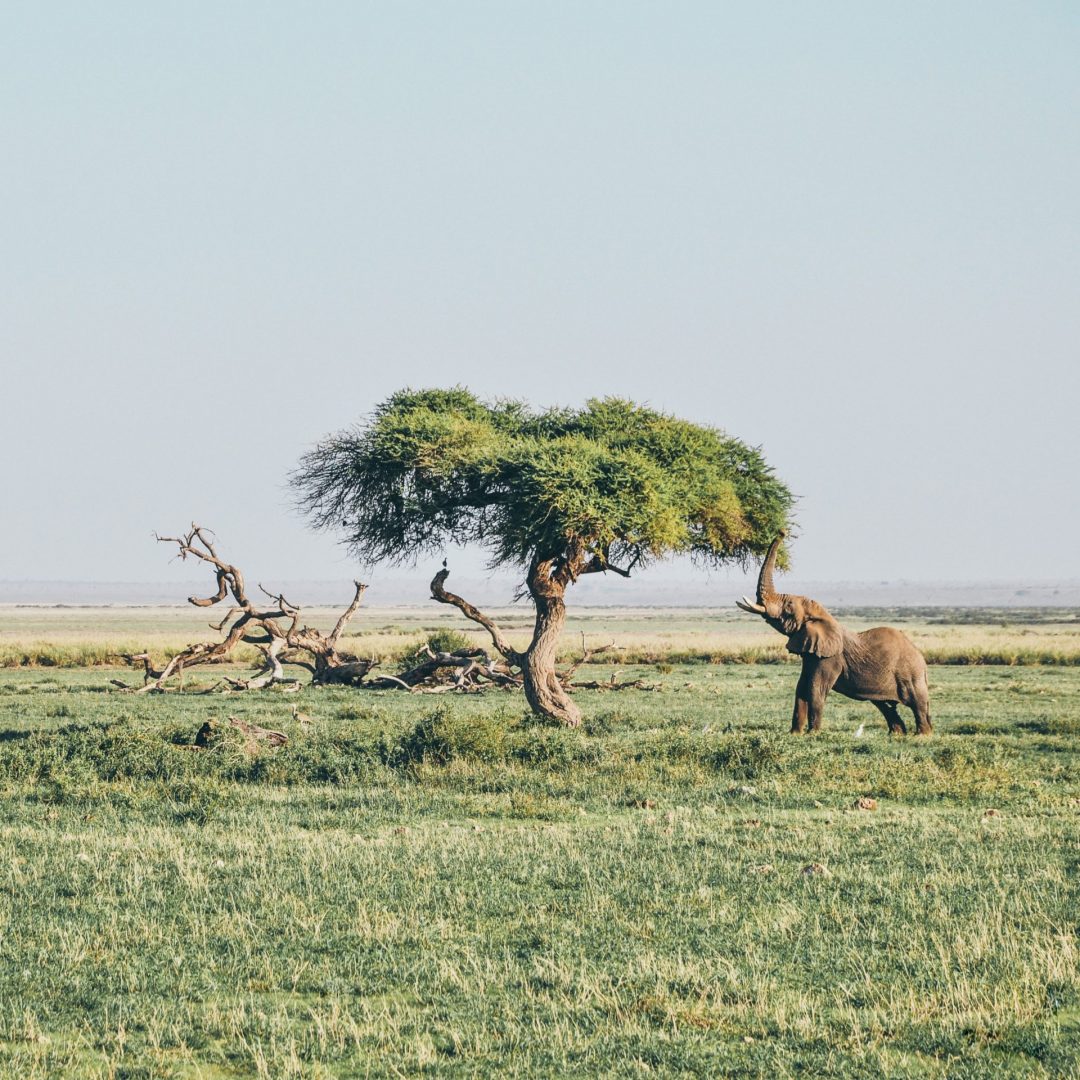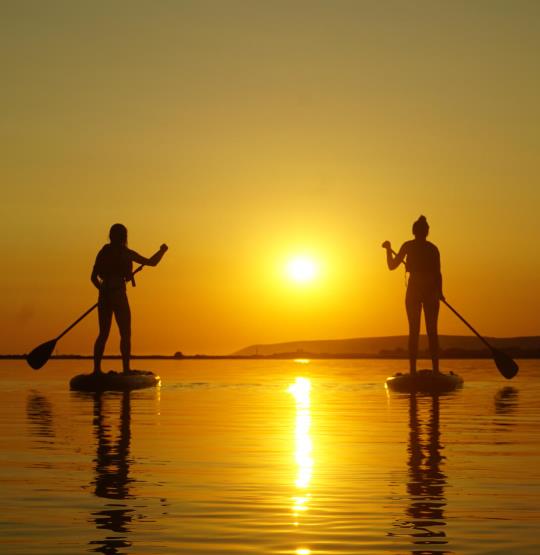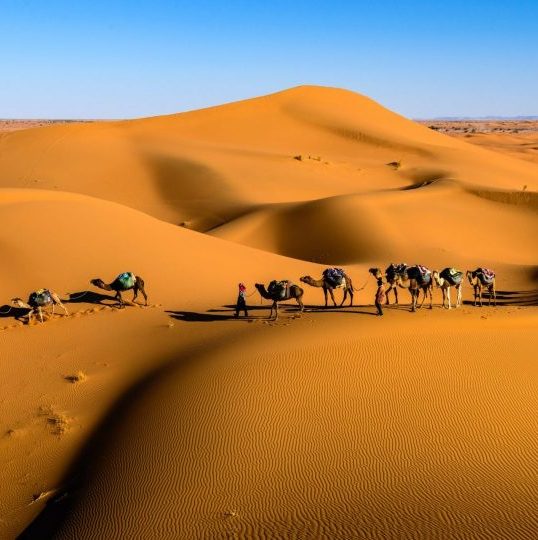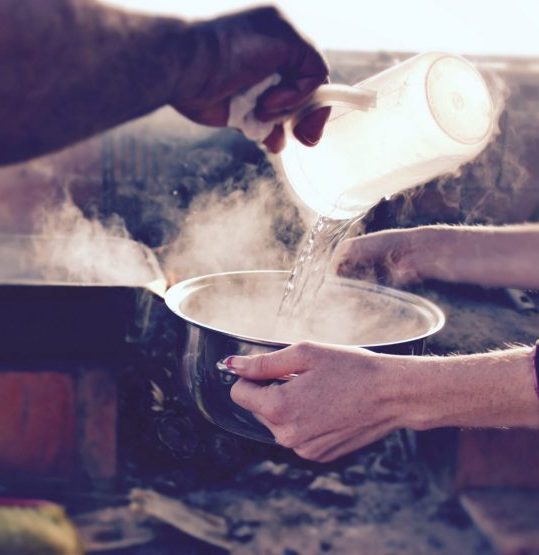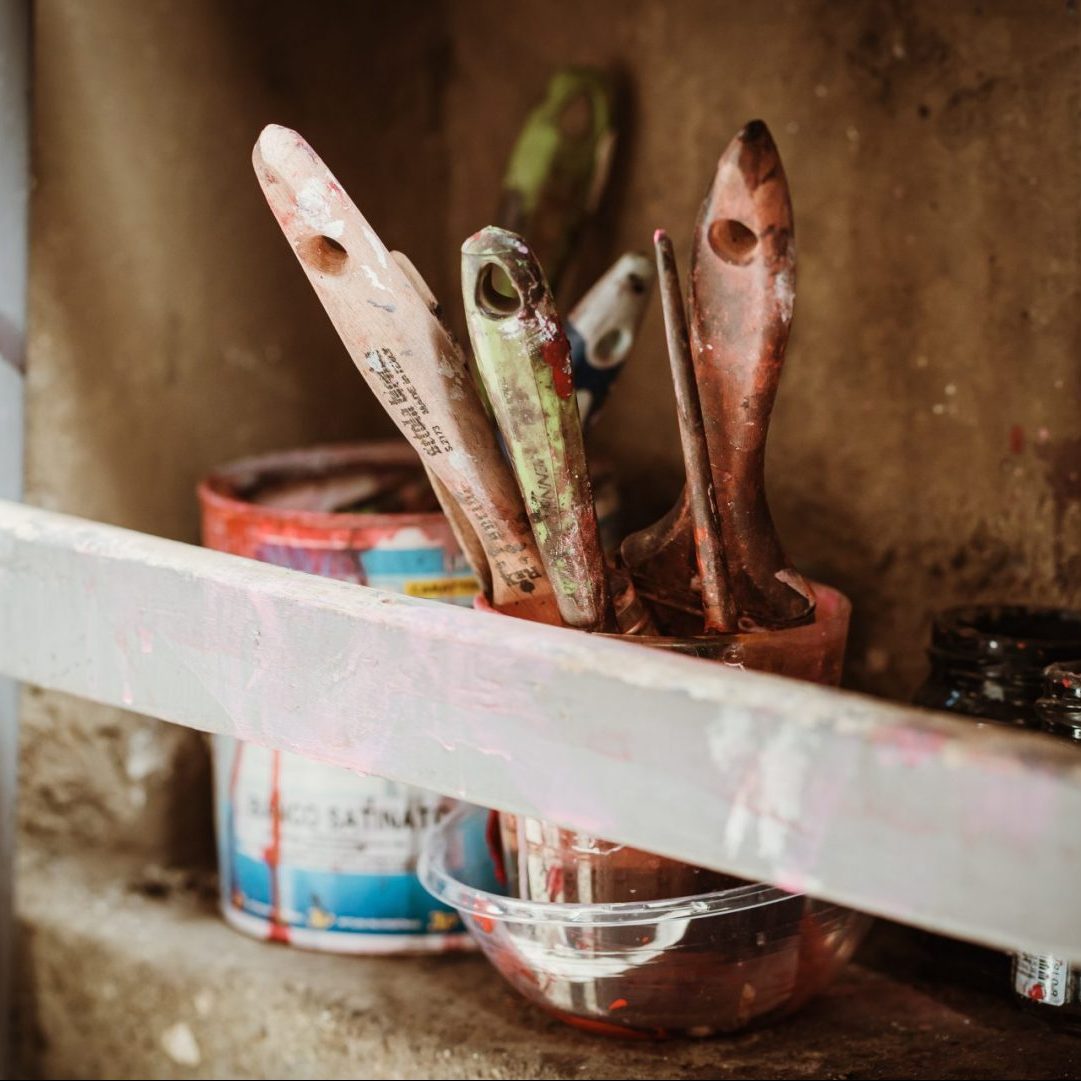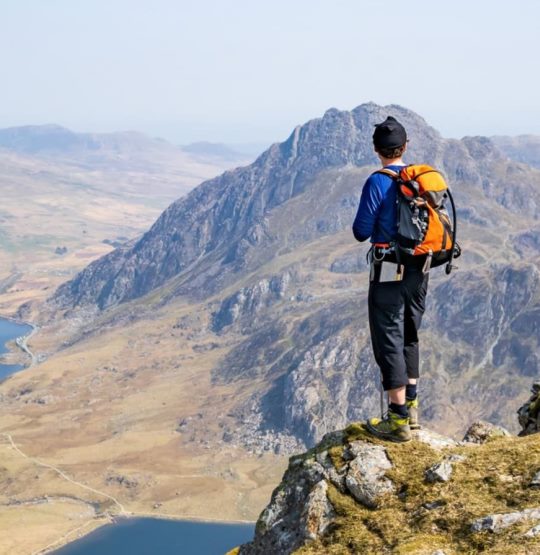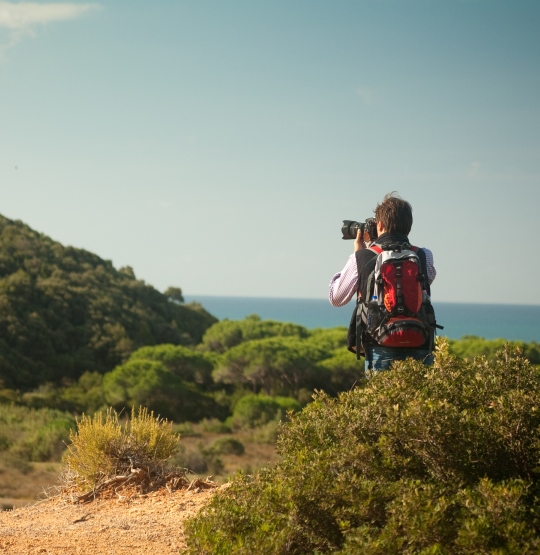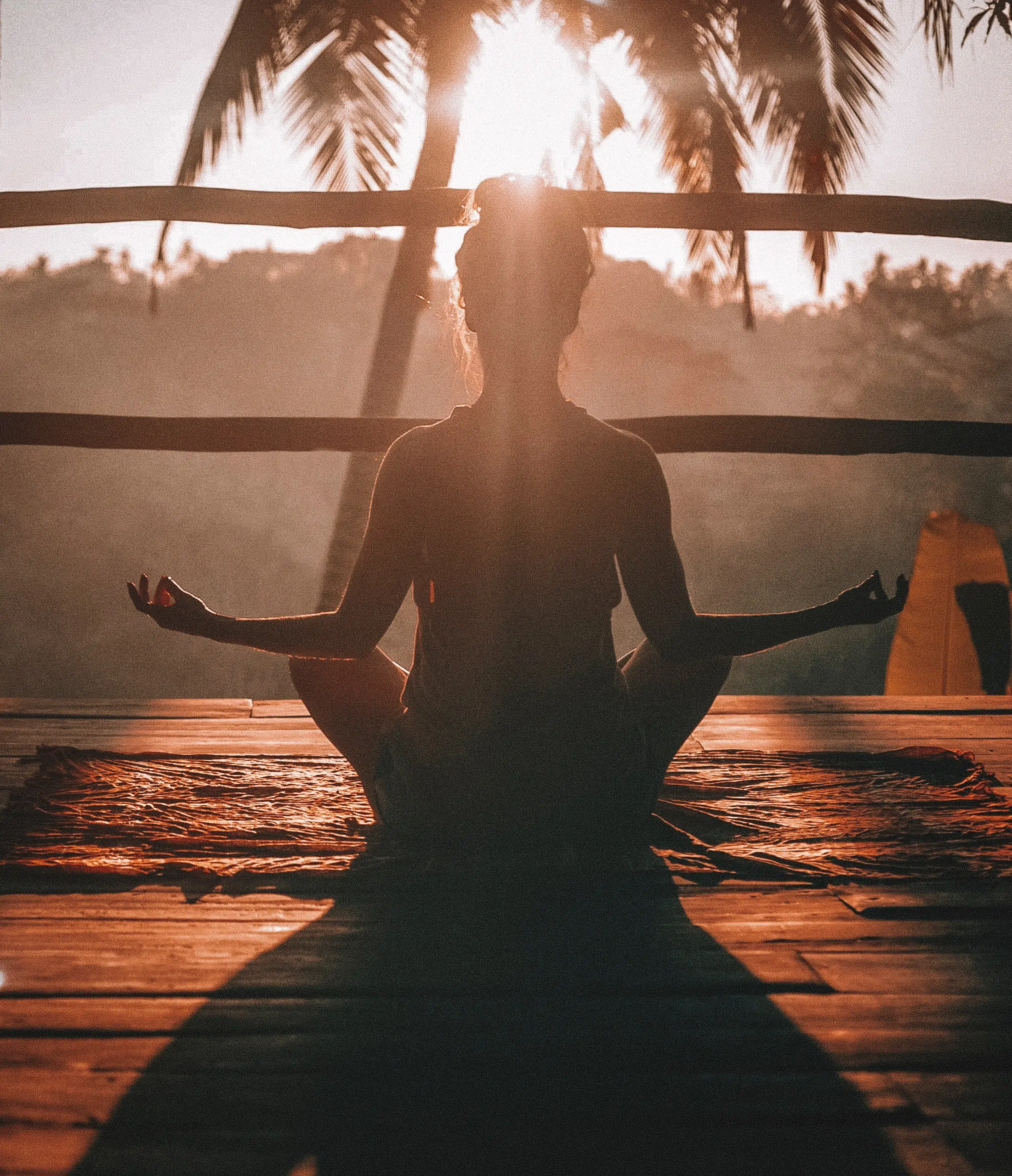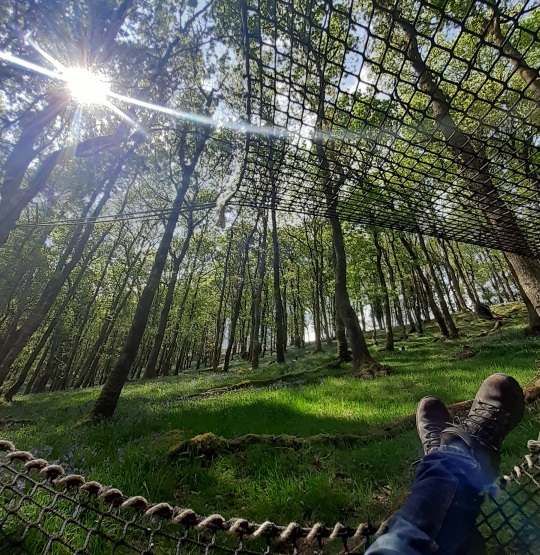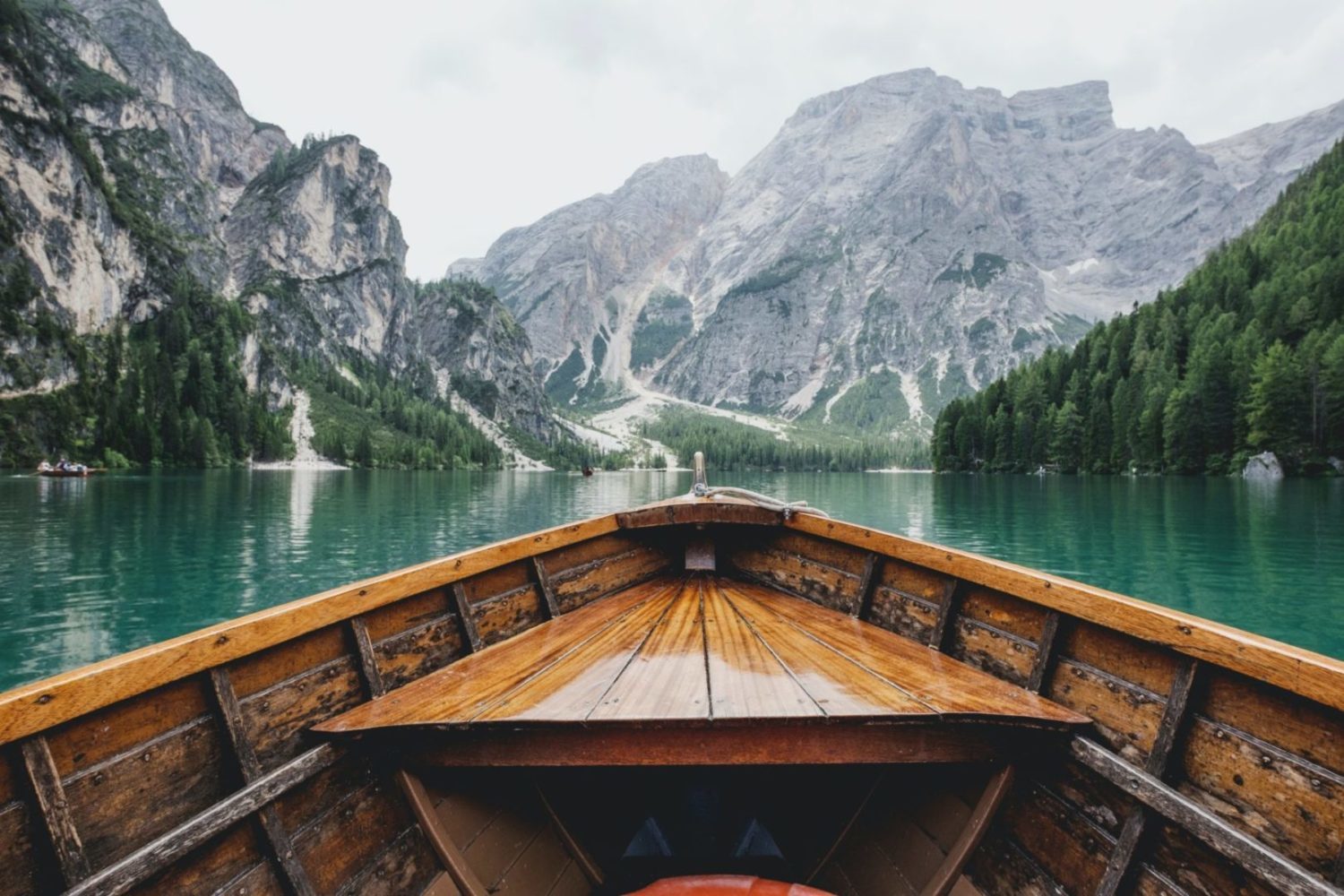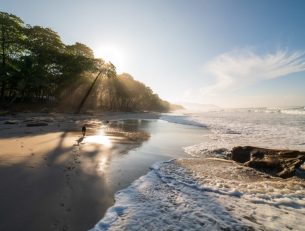Now that the world seems to have turned upside down once again, and now that the UK has become the unwanted relative at the Christmas party at the end of the year that, let’s face it, most of us are happy to see the back of, it’s time to reflect and consider what we can take from it.
Over the year we’ve had plans scuppered, adventures curtailed, and a chance to see what a world without travel is like.
And whilst there have been incredible impacts such as the clearing of the Venice canals, a lifting of smog from the Himalayas, and wildlife returning to previously uninhabitable areas, we’ve also seen a loss of income for thousands, a loss of livelihood, and the loss of individuals’ dreams to share their homes with the world.
Here at Not In The Guidebooks, we’ve taken this pause in travel to consider how we can, and how we need, to change our travel habits for the future.
How have we been travelling so far?

One thing that’s clear to see from the effects of our first lockdown back in the spring, where not just the UK but almost the entire globe began locking down, is that travel was harming the planet more than we originally thought.
When the environmental benefits of no planes in the sky, no cruise ships at the ports, and no hordes of visitors leaving litter at every attraction became evident, it was shocking to see how tangible the effects of these things are.
For us, it highlighted a clear need that the way we travel has to change, in order to minimise our impact on the environment as much as possible, whilst still experiencing the world and benefiting communities and individuals across the globe.
So, what exactly is the future of travel? Well, whilst we’ve been unable to travel ourselves and haven’t been able to send many of you on incredible adventures, we’ve spent time building our product base, and mulling over exactly how we should change our travelling habits in the future.
Eco-Friendly Tours and Experiences
Travelling Sustainably and Responsibly
It was shocking to see how tangible and immediate the effects of no travelling had on our planet. However, it also raised a little hope in us that if we can get travel right, and move away from habits that have been harming the planet for years, we might be able to truly help the environment more quickly than we first anticipated.
But how do we do this? How do we continue visiting incredible far-flung communities, stunning landscapes, and fascinating cultures without having a detrimental impact on the environment.
We can start by adopting ecotourism. Ecotourism is a practice that revolves around three key pillars: conserving the environment, supporting local communities, and making tourists aware of their impact and encouraging them to consider how they travel in the future.
This final point is key in how we consider the future of travel. When people travel with Not In The Guidebooks, our aim is to showcase authentic culture, undiluted by tourism. We aim to take you to unspoilt, pristine areas of natural beauty where people work and live on the land in a sustainable fashion.
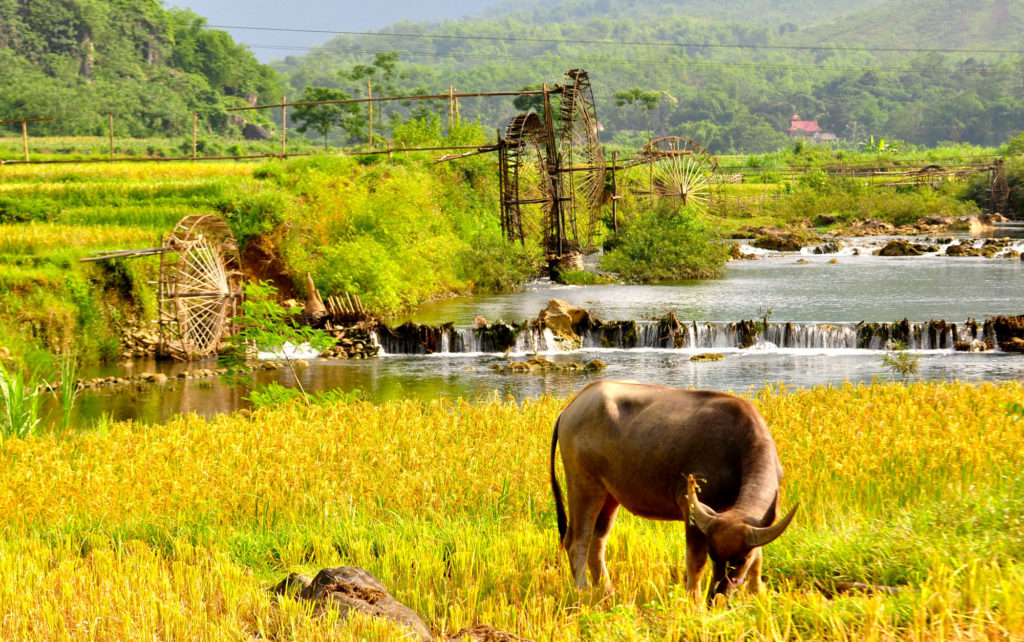
The reason for this? If our customers can truly experience these places and cultures and gain an appreciation for them, they are likely to change their own travel habits in the future, in order to protect the future of travel for all.
For example, if you enjoy a driving holiday around the stunning North Pacific coast of Costa Rica, enjoying the incredible landscape and visiting small, organic eco-farms, you’re likely to get a sense of how travel can benefit everyone, without the need for massive hotels or large crowds of people squeezing into tourist attractions.
You could also head on an adventure that actively sets out to help protect the environment. Whether it’s helping elephants in South Africa or Cambodia, or swimming with wild dolphins in the Atlantic with a marine biologist who is working to protect them, travel can very much benefit the environment when done right.
Small Groups, Small Businesses
When you watch TV these days, and you see people pre-covid in large gatherings, close together and mingling recklessly, we’d bet that one thought that flashes through your mind is – “ooh, that doesn’t look very social distance-y”.
This attitude, and aversion to large crowds, has permeated deeper than you might think. People are still wary of mixing with strangers, particularly in large numbers.
For this reason, the future of travel looks as if it might be edging towards a place where people stop booking big bus tours, where people aren’t as confident setting sail on cruise ships in a confined space with thousands of others.
Instead, we think the future of travel is heading for a place where more and more people look to book smaller tours with smaller local operators.
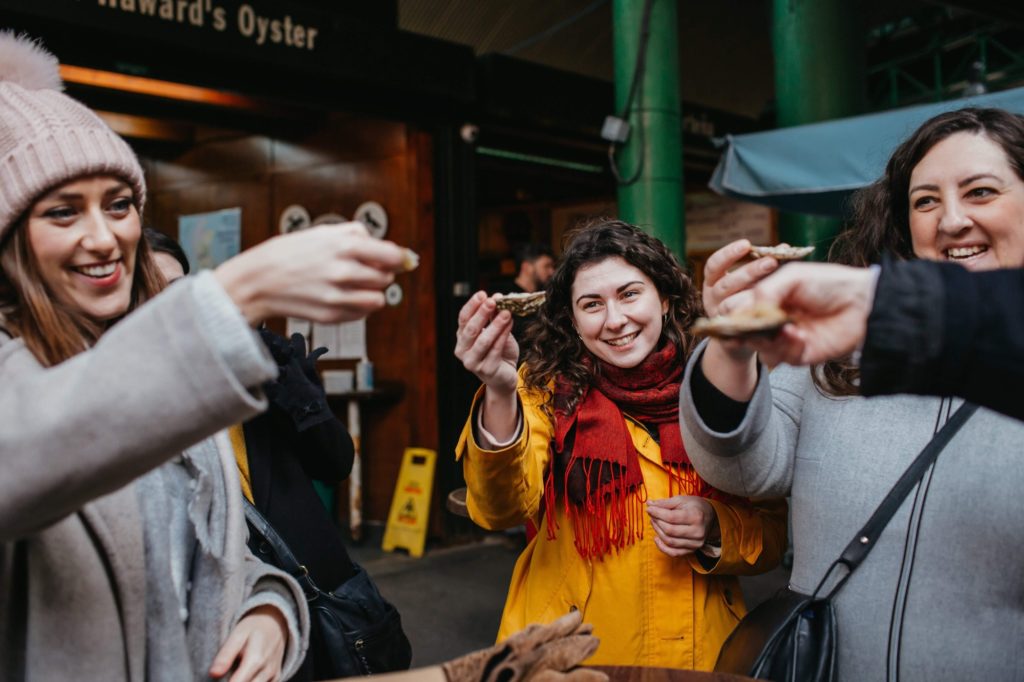
We believe this is a positive for a few reasons.
One, when we travel in smaller groups, our impact on the local environment is lessened. Less strain is put on local resources like water and energy, less is consumed in such a short period of time, and tours where upwards of twenty people pile into an attraction at once, overwhelming the area before being quickly shipped off elsewhere, are less common.
Instead, going small allows visitors to really experience a place for what it is. By booking with a local who can dedicate their time to you and show you the very best of their home by getting off the beaten track, you will experience a place as it’s meant to be.
Your money is also going to a place that will genuinely help a local community. By staying in small, local accommodation and by heading out on adventures with local people, you’re avoiding the trap we fall into far too often, of essentially spending our cash with big hotel chains and tour companies, rather than putting anything into the local economy.
Anyone working in tourism has been extremely hard hit this year, so more than ever it’s our duty to make sure we put you in touch with the people that need the most help, who don’t have millions of pounds worth of savings tucked away and who have put their heart and soul into their business.
Has Covid Been Good for the Future of Travel?
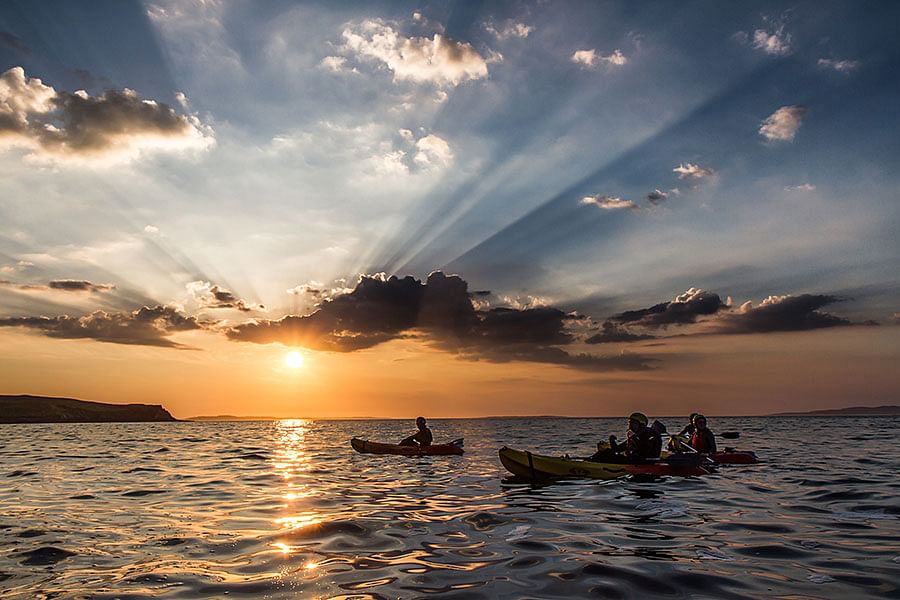
It’s clear that 2020 has been a terrible year for travel. However, it has offered a unique opportunity to stop, take stock and consider how to improve in the future.
Although times are obviously extremely difficult for so many, in a few years, the travel industry may look back on this time as the point when travel made huge changes that enormously benefited people around the planet.
As we head into 2021, we need a renewed sense of optimism despite the seemingly endless lockdowns, tiers and quarantines. If our industry can really turn itself around and make the very best use of this forced stoppage, there’s no reason we can’t look back on the coronavirus pandemic as an unpleasant, but necessary wake up call that helped save travel.





